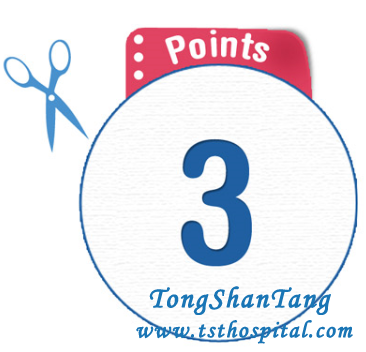 Kidney disease is difficult to treat, but it does not mean the disease is uncontrollable. For most patients, after comprehensive treatment, they can keep kidney function stable and slow down the progression to kidney failure so as to lead a normal life. Patients with different pathological types have different degree of disease development and treatment. And the definition of “cure” is also different.
Kidney disease is difficult to treat, but it does not mean the disease is uncontrollable. For most patients, after comprehensive treatment, they can keep kidney function stable and slow down the progression to kidney failure so as to lead a normal life. Patients with different pathological types have different degree of disease development and treatment. And the definition of “cure” is also different.
Some patients think that their illness condition gets better when they feel good and symptoms are alleviated, but in fact, the disease is still progressing. Without further treatment, the disease gets worse. While for some other patients, though all the indicators get improved, symptoms are relieved, and renal function is stable, but their psychological burden is too heavy and worry about relapse, which is not conductive to the stabilization of kidney disease as well.
How do you know if your condition is improving? The following 3 points should all be done.
1. Renal inflammation is reduced, indicating a more stable renal function
Due to the influence of internal and external factors in the kidney, inflammatory reaction will occur after the damage, which is manifested by various symptoms including dizziness and fatigue, nausea and vomiting, edema, proteinuria, hematuria and reduced urine volume. The more severe these symptoms develop, the more active the immune inflammatory response in the kidney and the faster the disease progresses. After active drug treatment and diet control as well as the elimination of some renal inflammation, these symptoms are relieved, which also indicates that renal function is stable and maintained at this level for a long time. It also indicates that the patient's condition has improved.
If these symptoms are only temporary medical relief, and get relapse frequently, you can not neglect treatment.
2. The indicators are in the normal range and stable in the long run.
In addition to the remission of symptoms, the key laboratory indicators of kidney disease must strictly meet the requirements of patients with different conditions. First of all, these indicators should be clear: proteinuria, hypertension, glomerular filtration rate, endogenous creatinine clearance rate. For example, 24h urinary protein quantification is usually controlled below 0.5g, hypertension is controlled at 130/80mmhg, and the glomerular filtration rate is greater than or equal to 59ml/min. In such a case, renal function is more stable.
However, the requirements of different patients are different. Take proteinuria as an example: in patients with chronic nephritis, proteinuria usually needs to be normal (below 0.15g) or negative; In Nephrotic Syndrome, proteinuria should be less than 0.5g. When it comes to renal insufficiency and the later stage, whether the condition gets improved or not mainly depends on the changes of GFR and creatinine clearance rate. If long-term stability is maintained, the condition gets effectively treated, but the acute progression factors should be paid attention to.
3. To improve living quality
The course of kidney disease is long and it requires long-term treatment and review. Therefore, for renal patients, they cannot live a normal life as before. But that doesn't mean the patient has to stay home and stay in bed. Some patients with stable condition can take some simple and easy jobs, do some exercise or go out to travel, etc. In addition, the change of mood is also an important indicator for the examination of patients. If your mood is cranky and blue all the time, even if your disease gets better, it is not good for stability.
To judge whether the disease is better or not, we need to consider all aspects comprehensively. Some patients have poor pathological types and are easy to repeat, but don't be discouraged. As long as we persist in cooperating with doctors' treatment, and make good management of all aspects including medicine, diet, life and so on, the condition is usually not too bad.
For more information on kidney disease treatment, please leave a message below or contact online doctor.
- Email:tsthospital@hotmail.com
- WhatsApp/WeChat/Phone Number:+86 15512139310
- Kidney Treatment Group:
- https://chat.whatsapp.com/2ZCOvebPJdr9QGkyfiqxDz
- Tag: CKD ckd treatment
- previous:Why Antihypertensives Are Prescribed Even Though Your Blood Pressure Is Not High
- next:What Are the Ways to Prevent CKD Stage 3 from Going to Stage 4 and Stage 5

